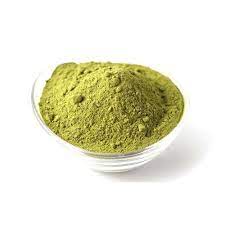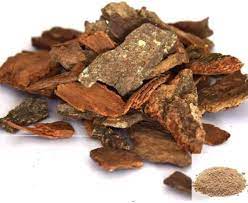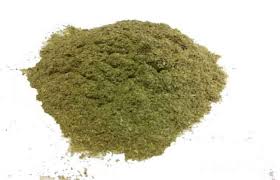How to Use Neem Twigs for Daily Dental Care

Neem twigs, also known as "datun," have been used for centuries in various cultures as a natural toothbrush. Neem is known for its antibacterial, antifungal, and anti-inflammatory properties, making it an excellent choice for oral hygiene. Here’s a guide on how to use neem twigs for daily dental care:
1. Selecting the Neem Twigs
- Freshness: Choose fresh, green twigs from a neem tree. Fresh twigs contain more beneficial compounds than dry or old ones.
- Size: Opt for twigs that are about 15-20 cm long and roughly the thickness of a pencil.
2. Preparing the Neem Twigs
- Peeling: Peel off the bark from one end of the twig, about 1-2 cm in length, to expose the inner fibers.
- Chewing: Chew the peeled end gently until it becomes soft and forms bristles. This may take a few minutes.
3. Brushing Your Teeth
- Brushing Technique: Use the bristled end to brush your teeth gently. Move the twig in a circular motion, focusing on each tooth individually. Pay attention to the gum line as well.
- Reaching All Areas: Ensure you reach all areas of your mouth, including the front, back, and chewing surfaces of your teeth.
- Freshness: If the bristles become worn out during brushing, peel a fresh section and repeat the chewing process.
4. Oral Hygiene Tips
- Rinse Thoroughly: After brushing, rinse your mouth thoroughly with water to remove any debris and neem residue.
- Daily Use: For optimal results, use a fresh neem twig daily. Discard the used twig after each use.
- Supplementing: You can supplement your neem twig routine with regular toothpaste and flossing if desired.
5. Benefits of Using Neem Twigs
- Antibacterial Properties: Neem’s antibacterial properties help reduce plaque buildup and prevent gum diseases.
- Anti-inflammatory: Neem can help reduce inflammation and soothe gums.
- Natural Whitening: Regular use of neem twigs can help in whitening teeth naturally.
- Fresh Breath: Neem helps in combating bad breath and maintaining fresh breath throughout the day.
6. Precautions
- Consult a Dentist: While neem twigs are beneficial, it's essential to consult your dentist, especially if you have existing dental issues.
- Sensitivity: If you experience any sensitivity or discomfort, discontinue use and seek professional advice.
- Quality Source: Ensure you source your neem twigs from a reliable and organic source to avoid pesticide contamination.
Conclusion
Using neem twigs for daily dental care is a natural and effective way to maintain oral hygiene. Incorporating this traditional method can complement modern dental practices, providing a holistic approach to oral health.
Click here











